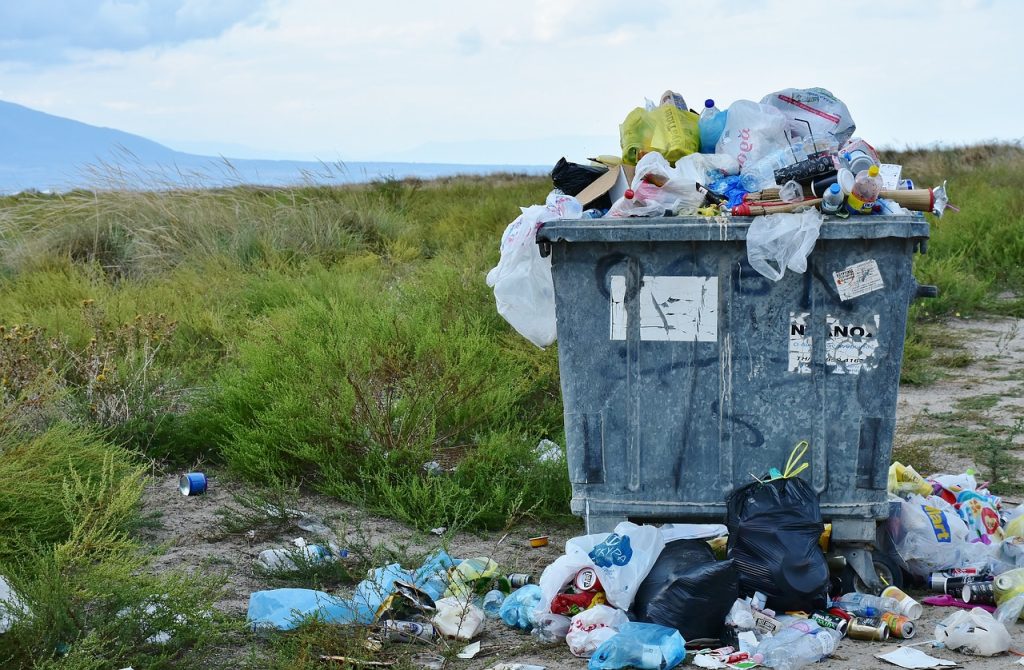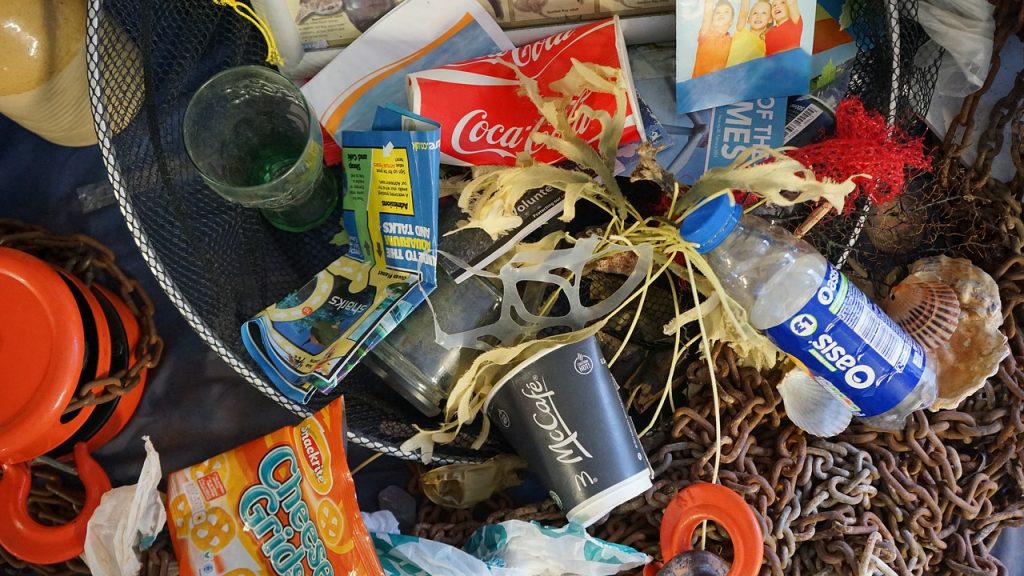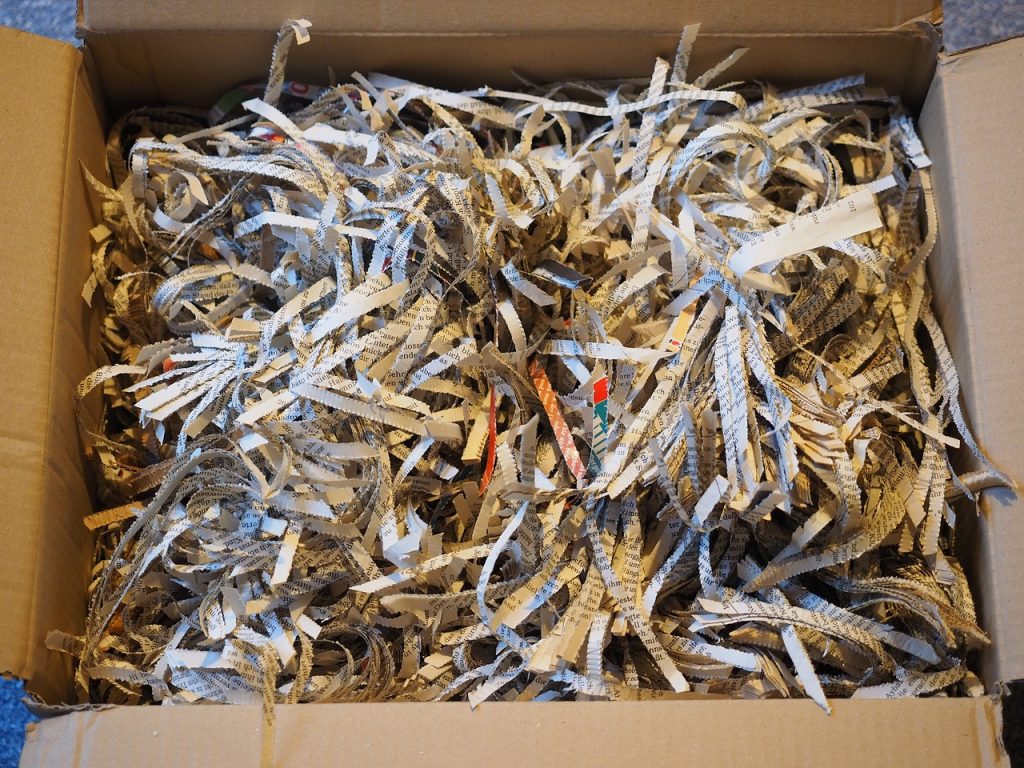- Check if your city or locality accepts plastic bags in their recycling programs.
- Ensure plastic bags are clean and dry before recycling.
- Avoid placing plastic bags in curbside recycling bins as they can jam machines.
- Drop off plastic bags at grocery or retail stores with plastic bag collection bins.
- Participate in community recycling events, like trash specials, for proper disposal.
- Understand the specific types of plastic bags and sort them accordingly.
- Send sorted bags to specialized recycling facilities for processing.
- Reduce consumption, reuse when possible, and then recycle.
Understanding How to Recycle Plastic Bags and Other Recyclables
Understanding how to recycle plastic bags and other recyclables is an essential part of our responsibility towards environmental sustainability. While it might seem overwhelming, plastic bag recycling can be quite straightforward if you follow some simple guidelines. You see, not all plastic bags are created equal. Some are made from a type of plastic that’s readily recyclable, while others aren’t.
To recycle plastic bags, check first if your city or locality accepts plastic bags in their recycling programs. Many city recycling programs do not accept plastic bags due to their tendency to jam machines. However, many grocery and retail stores have plastic bag collection bins where you can drop them off for recycling.
It’s also important to ensure your plastic bags are clean and dry before recycling. Any residual food or liquid waste can contaminate the entire recycling batch, rendering it unusable. And remember, recycling is just one part of the waste management hierarchy – reduce, reuse, and then recycle! By reducing our consumption of plastic bags, reusing them whenever possible, and then recycling, we can make a significant contribution to our environmental well-being.
The Special Process behind Recycling Plastic Bags in Wisconsin
In Wisconsin, the process for plastic bag recycling has been transformed into an intricate method due to multiple special events. These functions, known as trash specials, are events that bring communities together to recycle plastic bags, amongst other recyclables. The events are essential as plastic bags can’t be recycled in the same way as other plastic items due to their lightweight nature which makes them susceptible to flying out of recycling bins and littering the environment.
The process begins by collection of plastic bags at these trash specials. Then a procedure called sort descending is applied. This technique is a way to classify the gathered plastic bags according to their specific types, leaving no room for records error. It’s a crucial step to ensure the correct management of recycling different kinds of plastic bags.
Afterwards, these sorted plastic bags are sent to specialized recycling facilities. Here, they’re melted and repurposed into new plastic materials that can be used in a variety of other products. Wisconsin has managed to turn the process of recycling plastic bags from mere disposal into a systematic and highly efficient process, thanks to the innovative techniques like lookup records that help track each batch of recycled plastic bags. All these efforts are made to contribute towards moving away from a linear economy to a circular one where waste is minimized.
Plastic Recycling: Do’s and Don’ts for Recycling Plastic Bags
When it comes to plastic recycling, the do’s and don’ts can often be misunderstood, especially when trying to recycle plastic bags. Many people tend to consider all plastics as recyclable. However, not all plastic waste is recyclable, and not all recycling centers accept plastic bags. This is because bags require a special process for recycling.
Plastic bag recycling isn’t as straightforward as throwing them into your recycle bin. Plastic bags, including shopping bags, are typically made of #2 or #4 plastic. This type of plastic can be recycled, but they must be clean and dry. Greasy or dirty bags can ruin the recycling process. Most curbside recycling programs don’t accept plastic bags because they can tangle up the machinery at recycling facilities.
So, how do you recycle plastic bags? You can find many plastic bag recycling bins at grocery or retail stores. Bags collected here are often reused or turned into new plastic products. This helps reduce waste and conserves resources. It’s worth noting that any non-recyclable materials left in plastic bags can contaminate the recycling process, so it’s important to keep this in mind. Following these do’s and don’ts will ensure your recycled bags are put to the best possible use.
Why Plastic Wraps are Not Acceptable in Regular Trash in Wisconsin
So, why aren’t plastic wraps acceptable in regular trash in Wisconsin? Well, it’s primarily about waste reduction. Plastic wraps – think plastic film or film packaging – can’t simply be tossed curbside. Such plastic waste needs a special process for recycling, akin to plastic bags. This process helps ensure no waste ends up in our environment where it shouldn’t be.
When you’re recycling plastic bags or wraps, there are some distinct do’s and don’ts. You don’t want them to end up in your regular trash by mistake. Not all curbside recycling programs accept plastic film, making it more difficult for residents to dispose of these properly. However, many grocery stores provide recycling receptacles specifically for such items. It’s a small inconvenience for ensuring we’re not adding to waste unnecessarily.
Decoding the rules around plastic wraps and plastic bags recycling can be confusion, but it’s worth it. Given that plastic bags and plastic film aren’t processed the same way as curbside recyclables, they require a different recycling journey. As residents of Wisconsin, it’s incumbent upon us to understand how to recycle plastic bags and film packaging appropriately. Remember, it’s not just about reduction of waste but prevention of potential harm to our environment.
The Role of Special Wrap in Plastic Bag Recycling Initiatives
The Role of Special Wrap in Plastic Bag Recycling Initiatives can’t be understated. Special wrap, often made from different types of plastic, plays a vital part in recycling events for plastic bags and other plastic materials. When such special events occur, having proper resources in place is crucial. By using a unique method called plastic film recycling, large amounts of plastic bags can be recycled efficiently and effectively. Contrary to common belief, this wrap isn’t a default aspx but a specifically designed, recyclable wrap intended for plastic bag collection.
This method aids in reducing the number of non-recyclable wastes produced as the bags are reshaped into new and reusable products. While it’s understandable that plastic bags are not the only forms of plastic waste, their high quantity makes them a priority. Folks must understand that unlike ordinary trash, this category of plastic must be separated, preventing them from ending up in regular trash piles. Wisconsin, in particular, has taken a strong stand in this regard.
Finally, it’s essential to remember the do’s and don’ts when it comes to recycling plastic bags. Uncontrolled tossing of bags damages the environment, hence why recycling is crucial. As such, the role of special wrap in these recycling initiatives is critical, allowing many more bags to be recycled into something new.
Overcoming Plastic Wrap Obstacles in Plastic Bag Recycling: A Closer Look at Wisconsin
There’s a particular challenge with plastic bag recycling many aren’t aware of, specifically with plastic wraps. Overcoming these obstacles is vital for environmental wellness. In Wisconsin, they’ve made significant strides in this arena, becoming a pacesetter in effective plastic bag recycling mechanisms. Their success is largely down to a key focus on plastic wrap issues.
Ordinarily, plastic wraps aren’t suitable for regular trash, but Wisconsin has found an answer. They introduced a special wrap initiative, radically improving their plastic recycling efforts. Recognizing the need to address plastic waste, they have integrated thorough regulations on the recycling of plastic bags amongst other recyclables.
The process of recycling plastic bags in Wisconsin involves applying special techniques, often overlooked but of great importance for environmental conservation. Understanding how to recycle plastic bags properly, especially those used for storing food, ultimately reduces waste.
Do’s and don’ts have been outlined to guide the public on plastic bag recycling, including the proper way to dispose of the ubiquitous plastic wraps. As such, the cycle gets to stay unbroken, keeping plastic cycling seamlessly and avoiding a glut of plastic bags hitting their waste systems.




